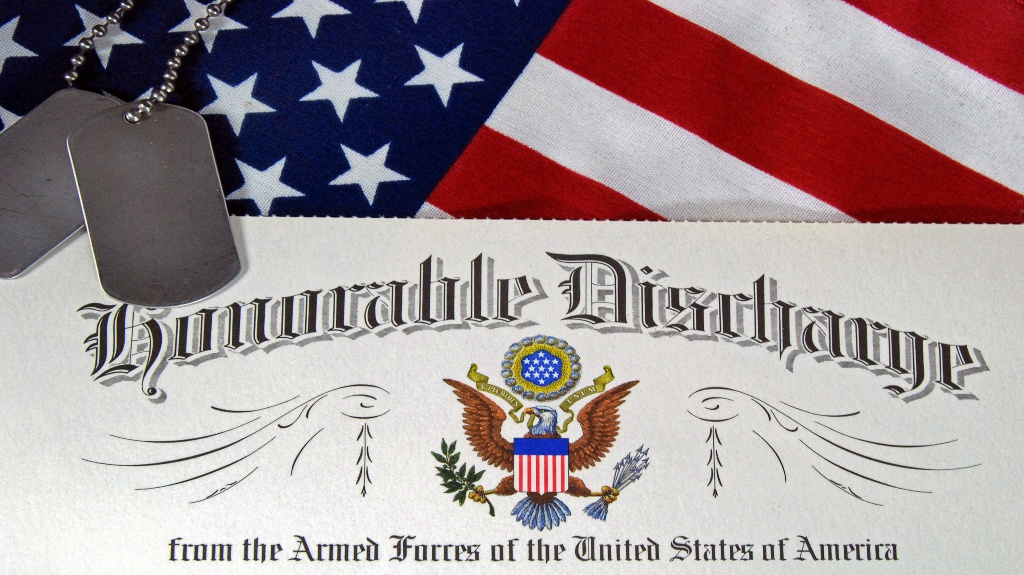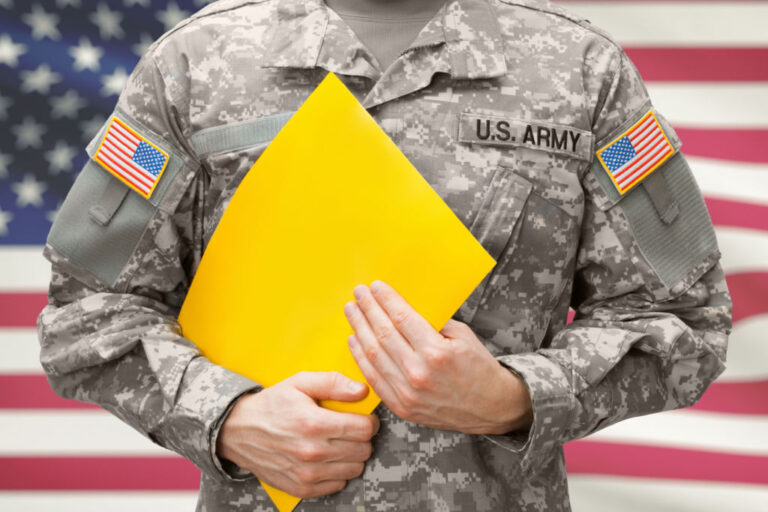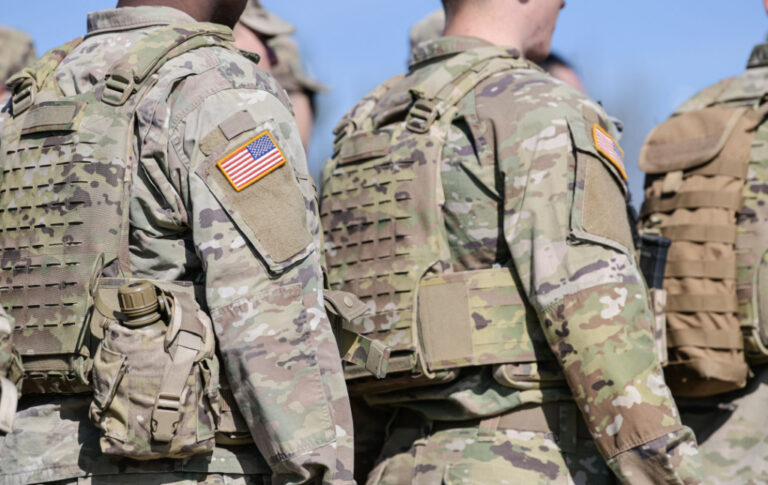A VA discharge upgrade changes the “character of service” shown on your DD-214 discharge certificate. A veteran might apply for a VA discharge upgrade if they received a less favorable characterization from the military other than honorable. The type of discharge a veteran has can influence the benefits they are eligible for after military service. These can include educational benefits and job opportunities. When applying for a VA discharge upgrade, it is important to avoid making mistakes, as it can lead to delays or unfavorable outcomes. In this blog, we will be going over the top 4 mistakes you should avoid when seeking a VA discharge upgrade to improve your chances of achieving your desired discharge upgrade.

1. Failing to Understand Eligibility Criteria
Often, veterans do not understand the eligibility criteria when applying for a discharge upgrade. Each type of discharge is meant to reflect a service member’s performance during their time in the military. Here is an overview of the different discharge types and the circumstances when they are given:
- Honorable Discharge: Given to service members who meet or exceed the standards of conduct and performance.
- General (Under Honorable Conditions) Discharge: Given to those whose service was satisfactory but may have had minor issues that prevented an Honorable discharge.
- Other Than Honorable (OTH) Discharge: Issued for more serious misconduct or failure to meet military standards.
- Bad Conduct Discharge: Given as a result of a court-martial, reflecting a pattern of misconduct.
- Dishonorable Discharge: The most severe type, given with serious offenses, usually after a court-martial.
2. Not Gathering Sufficient Documentation
Having proper documentation is key to a successful application. Documents serve as evidence to support your claim, it illustrates the context of your service, the circumstances surrounding your discharge, and any other factors that should be considered.Certain documents can be particularly helpful with your application for a discharge upgrade. Examples include:
- Performance Evaluations: Records showing commendations, awards, or positive evaluations during your service.
- Medical Records: Documentation of any medical or psychological conditions that may have influenced your behavior or led to your discharge.
- Character References: Letters from former commanding officers, colleagues, oor other employers that speak to your character and post-service rehabilitation can strengthen your case.
- Post-Service Achievements: Evidence of any educational achievements, community service, or stable employment after your discharge can show that you have made positive changes to your character.
3. Ignoring the Correct Application Process
Following the correct application process can significantly improve your changes of a discharge upgrade and speed up the process. Here is a step-by-step guide on how to complete the application process:
- Determine Eligibility: Start by determining whether you are eligible for a discharge upgrade. Review the type of discharge you received and understand the criteria that the review boards consider.
- Gather Documentation: Collect all necessary records, including your DD-214, service records, medical records, and any personal statements or character references that can stregthen your case.
- Choose the Correct Review Board: Determine whether you should apply through the Discharge Review Board (DRB) or the Board for Correction of Military Records (BCMR). This depends on your discharge type and the specific issues you want to address.
- Complete the Application Form: Fill out the appropriate application form: DD Form 293 for the DRB or DD Form 149 for the BCMR. Make sure to be detailed and thorough, making sure all relevant information is included.
- Submit the Application: Once your application is complete and all supporting documents are attached, submit it to the correct board.
- Follow Up: After submission, monitor the status of your application and be prepared to provide additional information if requested by the review board.
4. Not Seeking Professional Assistance
Navigating the process of applying for a VA discharge upgrade can be challenging. Seeking assistance from a veterans’ attorney can enhance your chances of a successful upgrade. Their expertise can help you avoid common mistakes, present a stronger case, and increase the likelihood of a favorable outcome.
Getting professional help means you’re not facing this process alone. A knowledgeable attorney can guide you through each stage, ensuring your application is as strong as possible. For those seeking reliable and experienced support, reaching out to Veteran Law Attorneys can make all the difference. Contact Veteran Law Attorneys today to get the help you need for your discharge upgrade.






